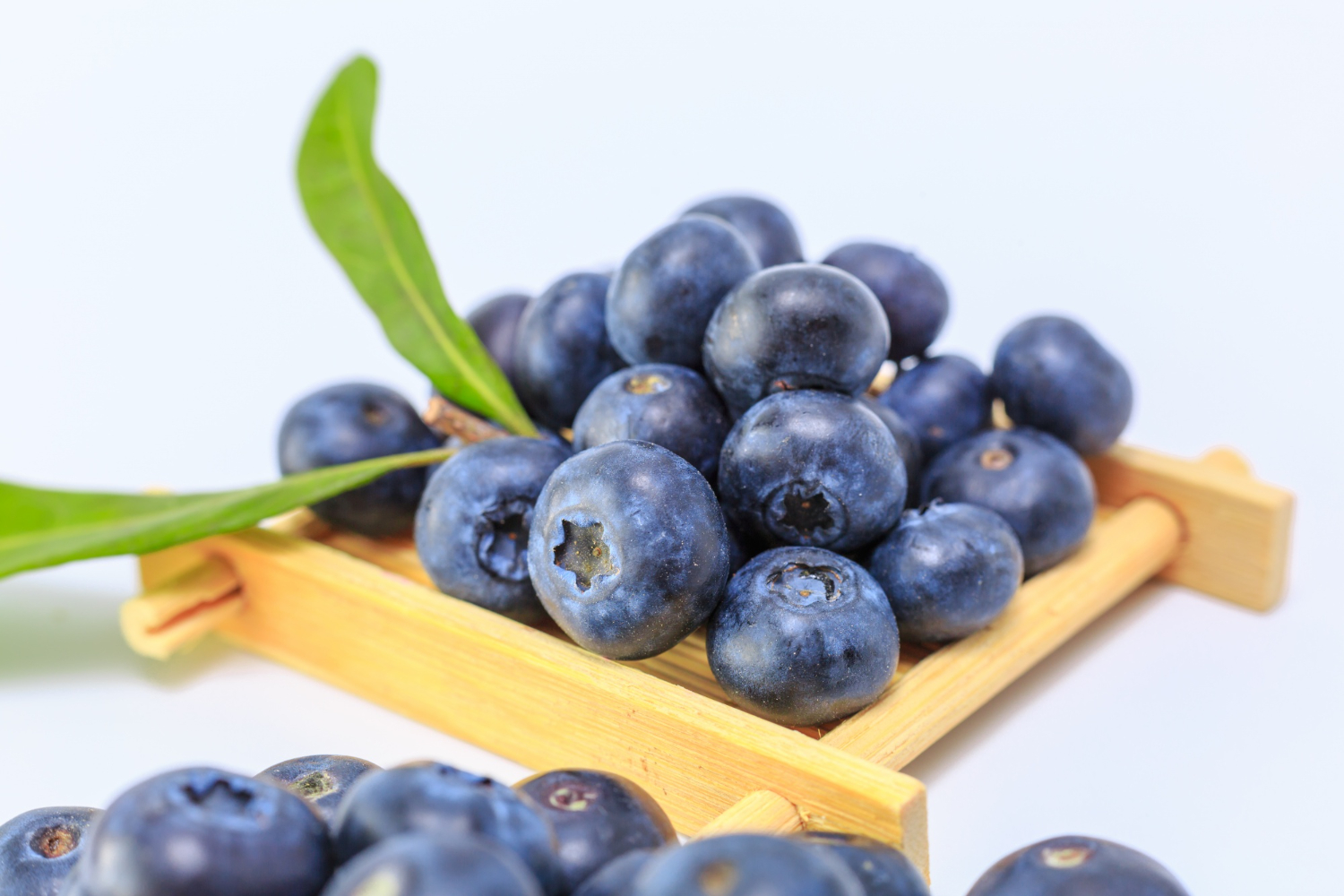Indeed, we can all agree that eating fruits daily can be an adventure – especially if we end up having outcomes that we don’t expect. Take, for example, the idea of ending up with sour or tart blueberries. Why does this happen, and what can you do about it?
Why Are My Blueberries So Tart?
Some blueberry cultivars are naturally tart, and professional bakers and pastry chefs usually select these because the tartness is something that they need to balance their recipes.
Unless you have pre-selected blueberry cultivars for the tartness, chances are you want sweet blueberries. If you are gardening blueberries and wondering why the tartness or sourness isn’t going away, there are some steps to improve the outlook of your crops.
The first step is to review the type of cultivar that you have in your garden. Are you pretty sure that you have selected a cultivar that is meant to produce sweet blueberries and not tart ones? If not, it would be best to ask a local horticulturist in your area so you can determine if you are growing the suitable cultivar.
The second possible reason why your blueberries are not growing sweet is overproduction in the bushes. If you are a first-time blueberry grower, you will fare better in the long term if you snipped the flowers in the first year of growth. We are talking about removing all of the flowers in the first year.
This might hurt your production for obvious reasons. Still, the following season, we can assure you that nature will be rewarding you with more giant blueberries and the sweetest harvest ever because you took the time to remove the flowers in the first year.
There is no other way to test this technique than by actually doing it, so if this is your first year, you may still have time to remove the flowers to get better results. Otherwise, you may want to do this in the next season. Just one year of allowing your blueberry bush/bushes to prepare for more significant growth, and that is it.
The next step is letting nature take its course. We know – you might be thinking that everything is up to nature, right? Wrong. People have made so many modifications in how plants grow that even ordinary gardening is an essentially human affair. What additional steps do you need to do at this point? If you have blueberries ripening on your bushes, avoid the temptation of picking them early.
The best way to ripen berries is on the stem, which is why you should always wait if you want the sweetest blueberries. This way, you won’t have to contend with very tart ones that should have stayed on the stem for a few more weeks. If you have plans to sell your blueberries in an organic farmer’s market, then you best time the harvest with your marketing so the fruits won’t spoil. Either that or you may have to invest in better methods of storing the fruit to be displayed in the market for some time.
And finally, you have to be mindful of how the blueberries look on the bush before you can pick them. Generally speaking, blueberries that have a reddish tinge or hue anywhere are going to be tart. In an ideal world, blueberries would ripen simultaneously, but this is not the case. Some blueberries on the same cluster may not mature as quickly as the others.
Our recommendation during harvest time is to taste a few blueberries per cluster to have a better idea of what’s going on. If you chance upon multiple tart blueberries, then the fruits may have to stay on the bush for a few more days before you can start harvesting. Waiting a few days more will save you from the grief of having to eat sour blueberries.
Are Blueberries Bad If They Are Sour?
Blueberries may be sour for many reasons, but most of the time, it is completely safe to eat tart or sour blueberries if they are fresh off the carton or purchased relatively recently from an organic market. As discussed earlier, blueberries can be sour because the blueberry cultivar is meant to produce more tart fruits.
If you find some sour blueberries in a batch of primarily sweet berries, it is possible that the sour berries did not ripen at the same pace as the others. Maybe two to five percent of the entire batch of blueberries needed a few more days on the stem. If this is the case, eat the sour blueberries as there is nothing wrong with them; they are just a tad bit unripe.
The final possible scenario is that the blueberries have spoiled. Spoilage is potential if the blueberries have not been stored correctly before being brought to the market or they have not been refrigerated after purchase. Both ripe and unripe fruits break down once separated from the plant so that the sourness may be an indicator of spoilage. Check the berries for signs of mildew and unusual breaks on the fruit’s skin to make sure.
If you do find mildew, you must bin the entire batch as you may get some digestive upset from eating those berries.
How Do You Sweeten Sour Blueberries?
The easiest way to sweeten sour berries of any type, including blueberries, is by macerating them. Pick any common sweetener you may have in your kitchen, like raw, organic honey or sugar, and steep those sour berries in the sweetness. You can also make some simple syrup with water and sugar and macerate the tart berries if you want. Either way, you are going to get good results.

